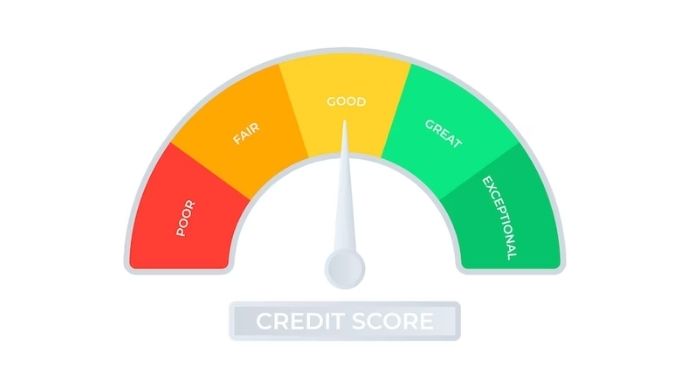
Know More About Good Credit Score
Sometimes, there arises a need for an additional infusion of funds to acquire the items or experiences you desire, whether it’s for a wedding, home purchase, a much-needed vacation, home improvement, or simply to bridge the financial gap until your next paycheck arrives. In such situations, a personal loan can prove invaluable in meeting your financial responsibilities.
When seeking a personal loan, one of the critical factors a lender evaluates is your CIBIL score for loan approval. The Credit Information Bureau of India (CIBIL) score functions as a report card, assessing an individual’s credit history and financial stability. This score is employed by banks, lenders, and financial institutions to make informed decisions regarding loan approvals and to efficiently manage their clientele. Your CIBIL score plays a pivotal role in establishing your credit history.
While there are other credit scores, such as CRIF Highmark, that are equally accurate, CIBIL is more widely recognized in India. CIBIL compiles data from financial institutions, analyzes this data to generate reports for each individual, and assigns a 3-digit score based on this information. The CIBIL score range falls between 300 and 900, with a score of 750 or higher significantly enhancing your eligibility for the most favorable loan offers.
Here are five compelling reasons why your CIBIL score holds paramount importance:
Creditworthiness: Your CIBIL score is a direct reflection of your financial management capabilities. A high credit history indicates that you are more likely to secure approval for various types of loans, such as auto loans.
Application Approval: Lenders closely consider your CIBIL score to determine whether to grant you a loan or credit card. A low CIBIL score can make it challenging to obtain approval, especially if you have a history of late payments or substantial debt.
Interest Rate: A strong CIBIL score translates to lower interest rates on loans, as it underscores your creditworthiness and reduces the risk for the lender. This, in turn, fosters financial stability for borrowers.
Loan Amount: A high CIBIL score allows you to borrow larger sums of money, which can be particularly advantageous for significant purchases like homes or cars.
Longer Loan Tenures: A good CIBIL score can secure loans with extended repayment periods. While this provides more time for repayment, it may entail a slightly higher interest rate. On the contrary, a poor credit history may limit you to small loan amounts and shorter repayment terms, necessitating reapplication for larger loans.
In summary, your CIBIL score is a pivotal metric in the world of credit, shaping your financial options and influencing the terms and conditions of loans and credit cards. Maintaining a healthy CIBIL score is essential for securing favorable financial opportunities.


